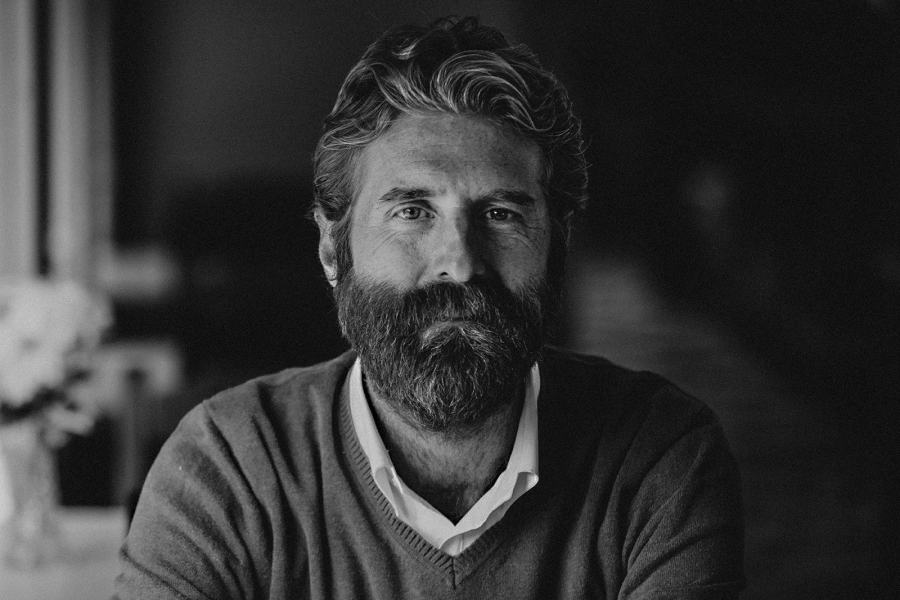The director of *Kingdom Come: Deliverance 2*, Daniel Vávra, has openly critiqued *The Outer Worlds 2*, awarding it a score of 7/10. His remarks have ignited discussions among fans regarding the evolution of role-playing games (RPGs) and the expectations tied to developer Obsidian Entertainment. Vávra’s comments highlight his desire for more innovation in RPG mechanics, particularly in comparison to titles like *Fallout: New Vegas*.
In a recent Twitter post, Vávra expressed disappointment that, despite the resources available to Obsidian through its parent company, Microsoft, the sequel has not introduced significant new gameplay mechanics. “Finished. 7/10,” he stated, adding that it is disheartening that even after 15 years and substantial funding, Obsidian has not moved beyond proven concepts.
He emphasized, “Can any of you think of a single new game mechanic in *The Outer Worlds* that wasn’t already in *Deus Ex* or the original *Fallout* games more than 25 years ago?” Vávra noted that the flaws in characters, which provide certain disadvantages, were already present in previous titles.
Obsidian’s Vice President, Marcus Morgan, recently acknowledged the demand for a *Fallout: New Vegas 2*, but he clarified that the studio is focused on developing new intellectual properties, such as *The Outer Worlds* and *Avowed*. This points to a broader strategy of fostering original narratives rather than revisiting familiar franchises.
Vávra’s critiques extend beyond game mechanics; he calls for RPGs to deliver a more immersive and dynamic experience. He stated, “Give me a living, simulated world! True non-linearity! Give me something more than loot boxes, maintenance shafts, loading screens and level grinding in a static scripted world.” His comments resonate with a segment of the gaming community that seeks richer, more engaging worlds.
While *The Outer Worlds 2* has received generally positive reviews, with a rating of 4.5/5 from some outlets, Vávra’s 7/10 score reflects a desire for deeper engagement. In contrast, *Kingdom Come: Deliverance 2* has been praised for its expansive, realistic open world and received a rating of 4/5 in earlier reviews.
Comparative metrics further illustrate the varying reception of these titles. On Metacritic, *The Outer Worlds* holds a score of 85, while the sequel slightly trails with 84. In contrast, *Kingdom Come: Deliverance 2* boasts a higher score of 88, underscoring its critical acclaim.
Vávra also addressed potential misconceptions about the production budgets, stating, “I would bet that the budget for *KCD2* was WAY LOWER than *Outer Worlds 2*.” He believes that character customization, a notable feature in many RPGs, could be included in *Kingdom Come* without detracting from its storytelling depth.
While Vávra’s assessment of *The Outer Worlds 2* is not universally shared, it reflects a broader sentiment within the RPG community that yearns for innovation. As gaming continues to evolve, the desire for both nostalgic experiences and fresh narratives remains strong. With both titles offering unique takes on the RPG genre, fans find themselves divided yet intrigued by the ongoing dialogue surrounding game development and storytelling.
As the industry progresses, the challenge for developers like Obsidian will be to balance the expectations of their established fanbase while also pushing the boundaries of what RPGs can achieve.







